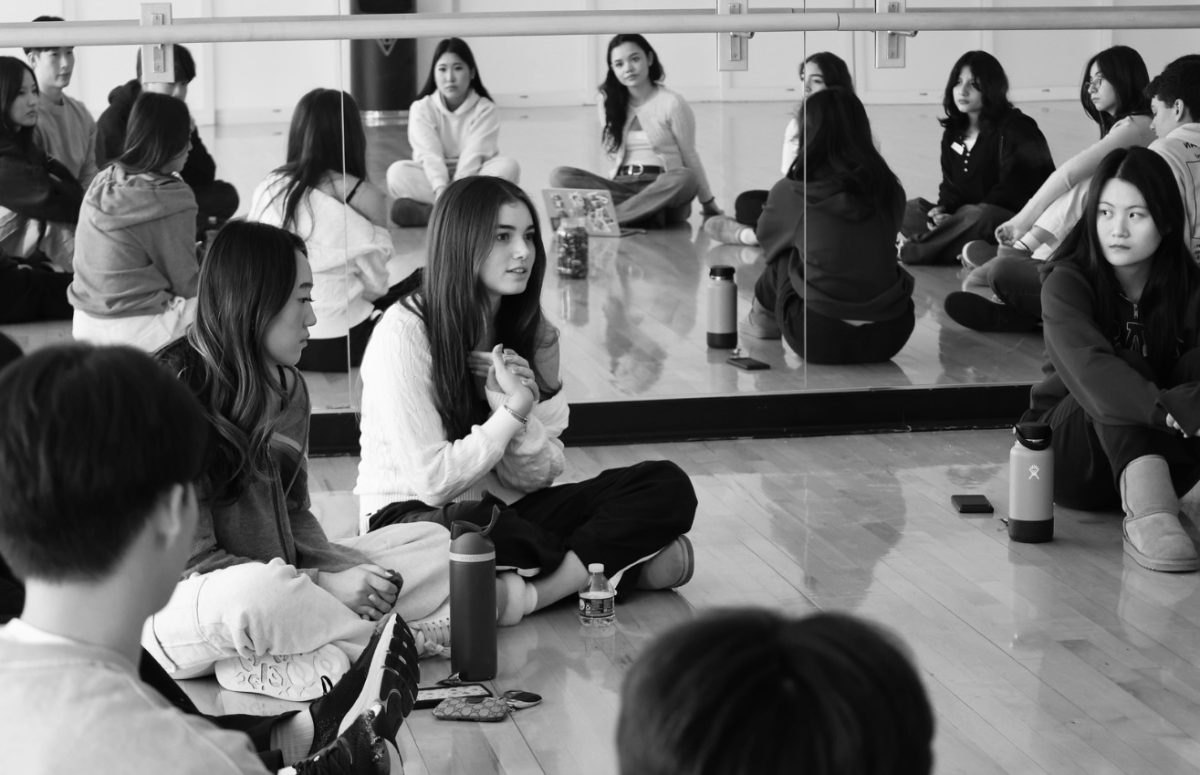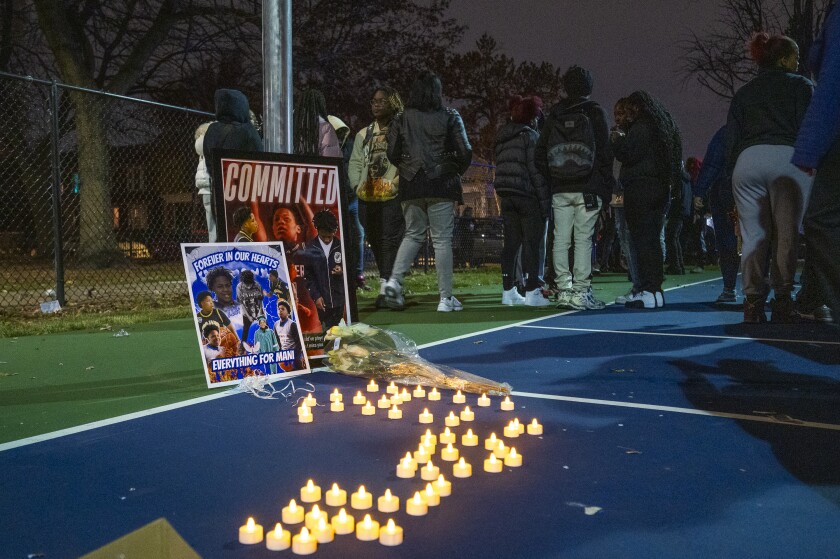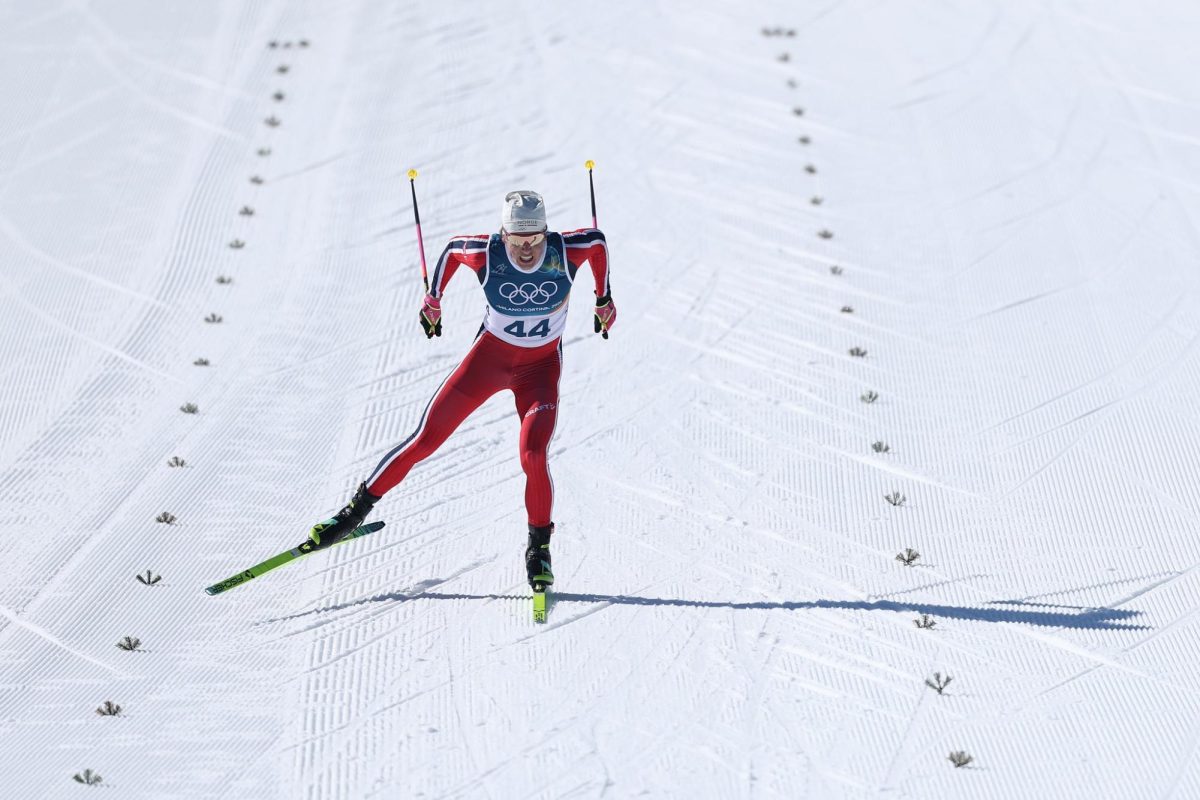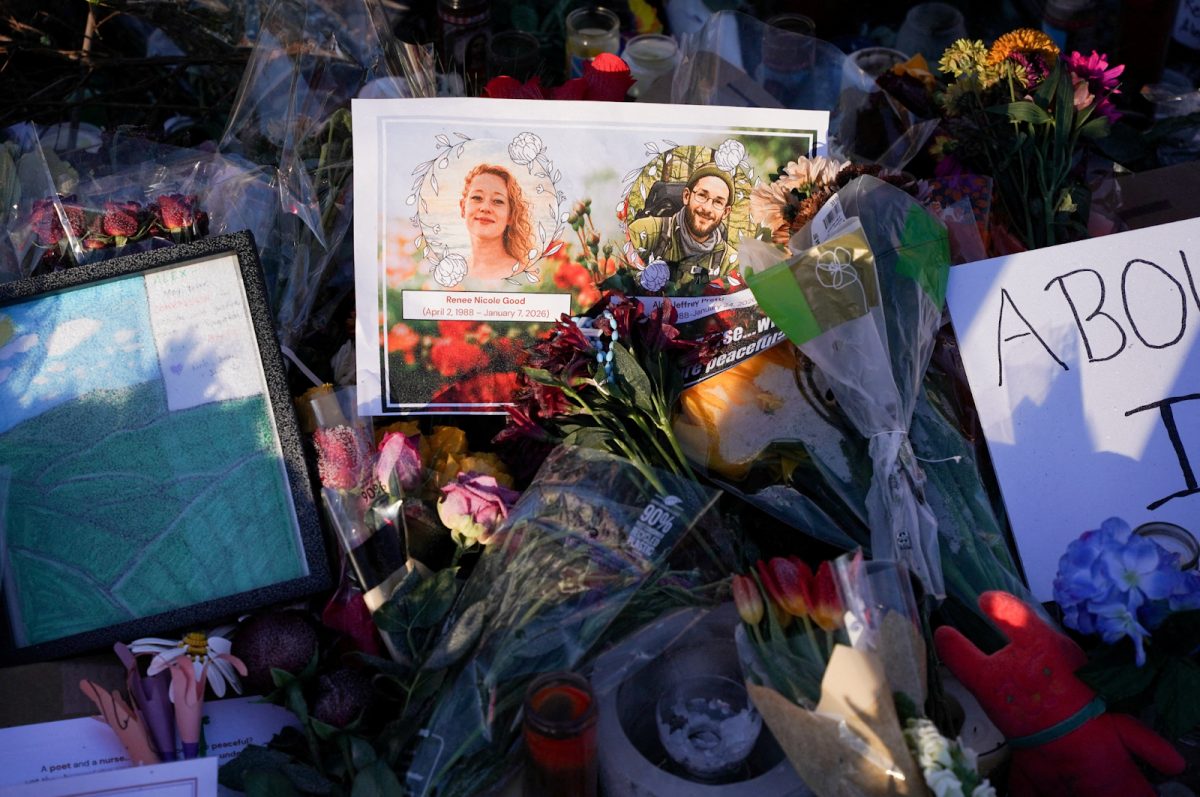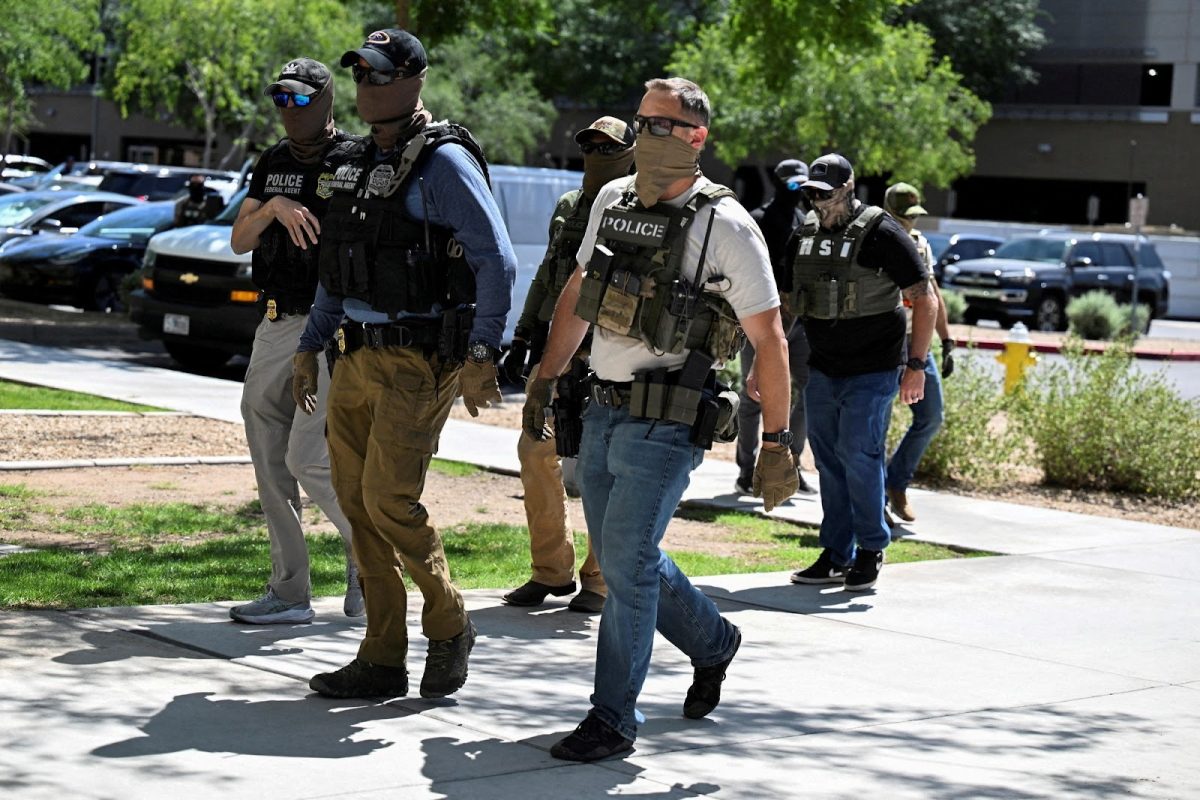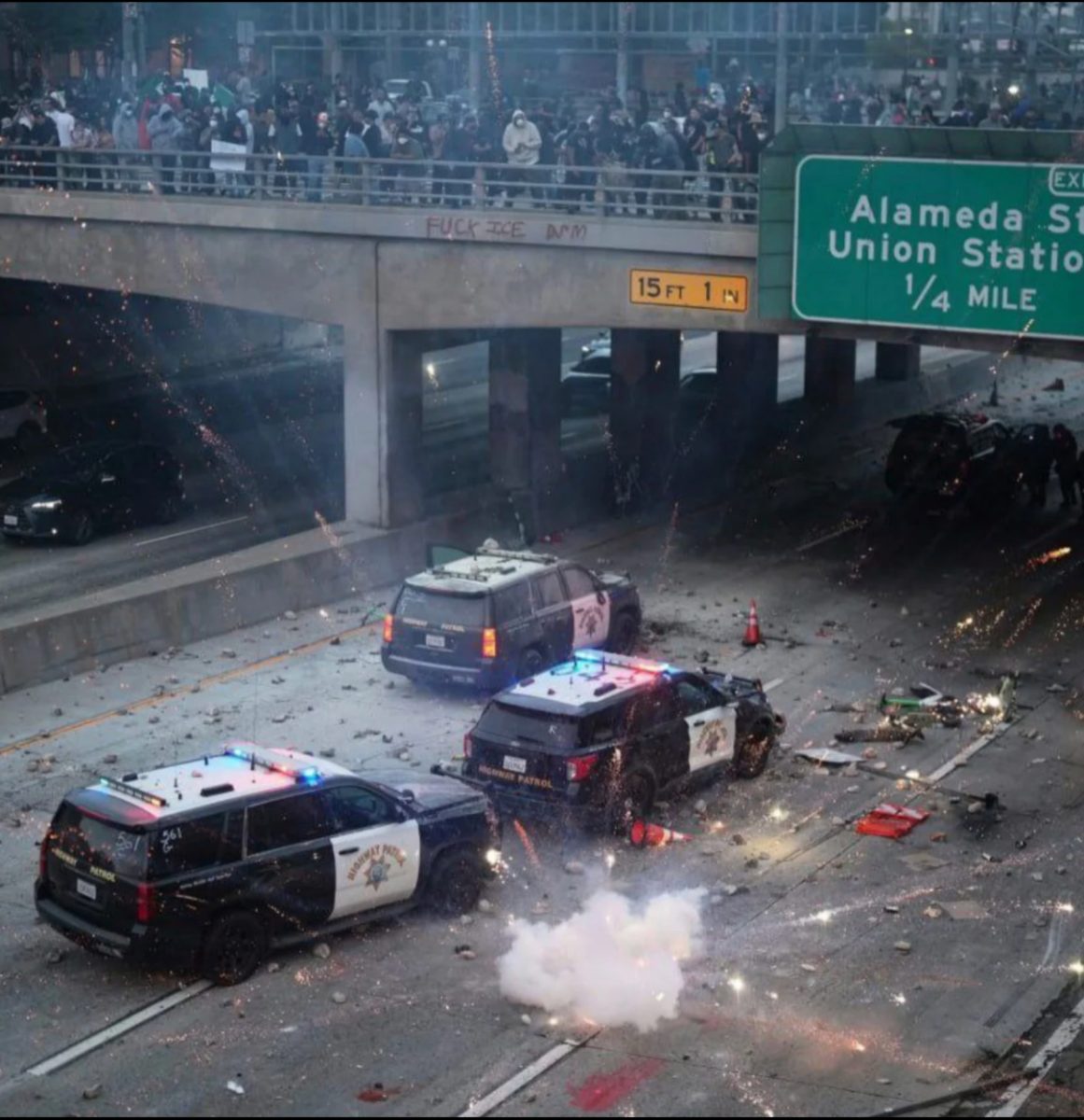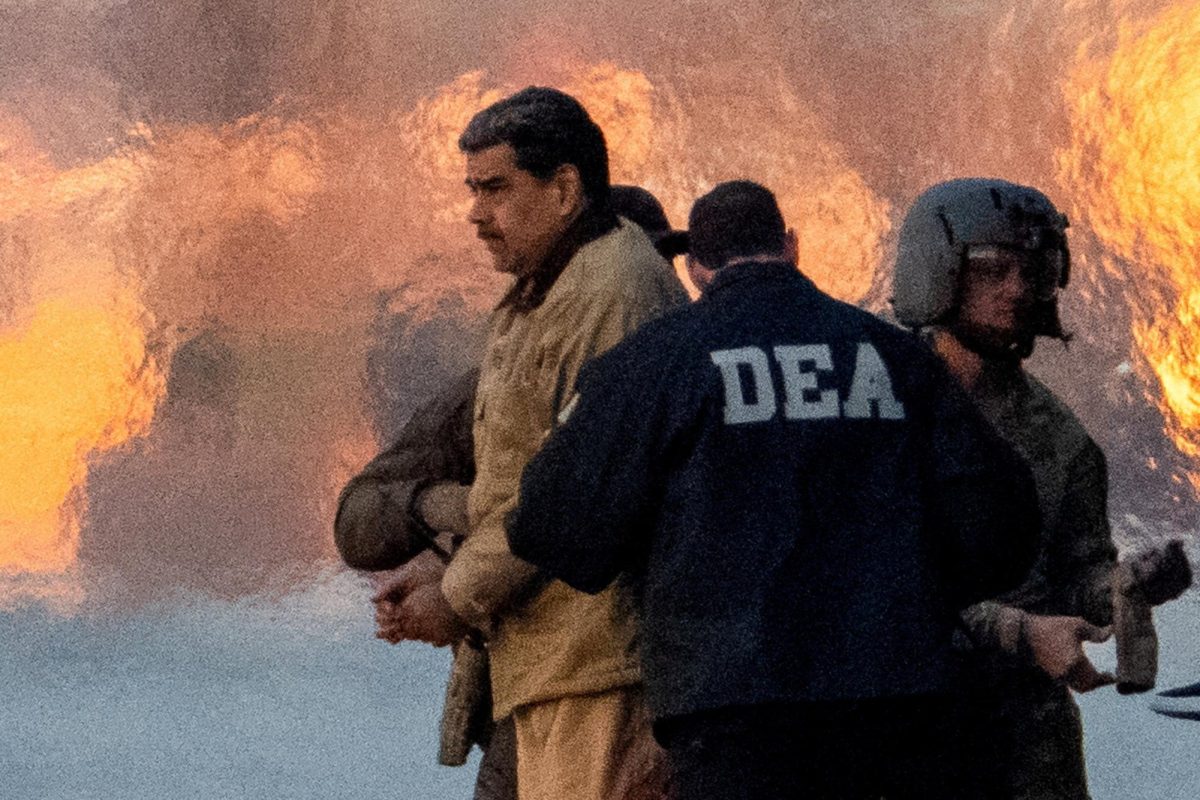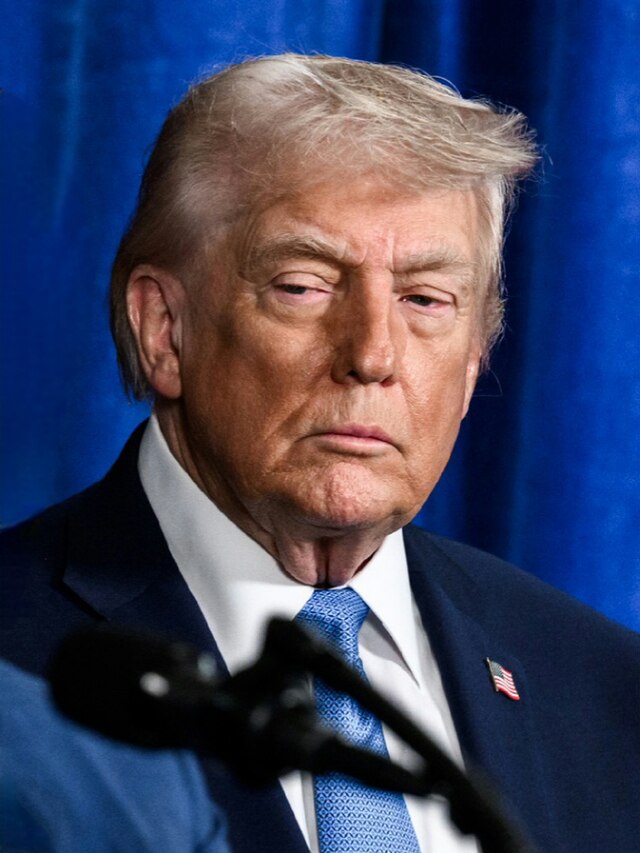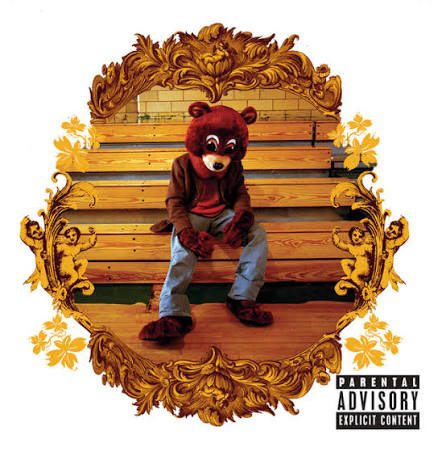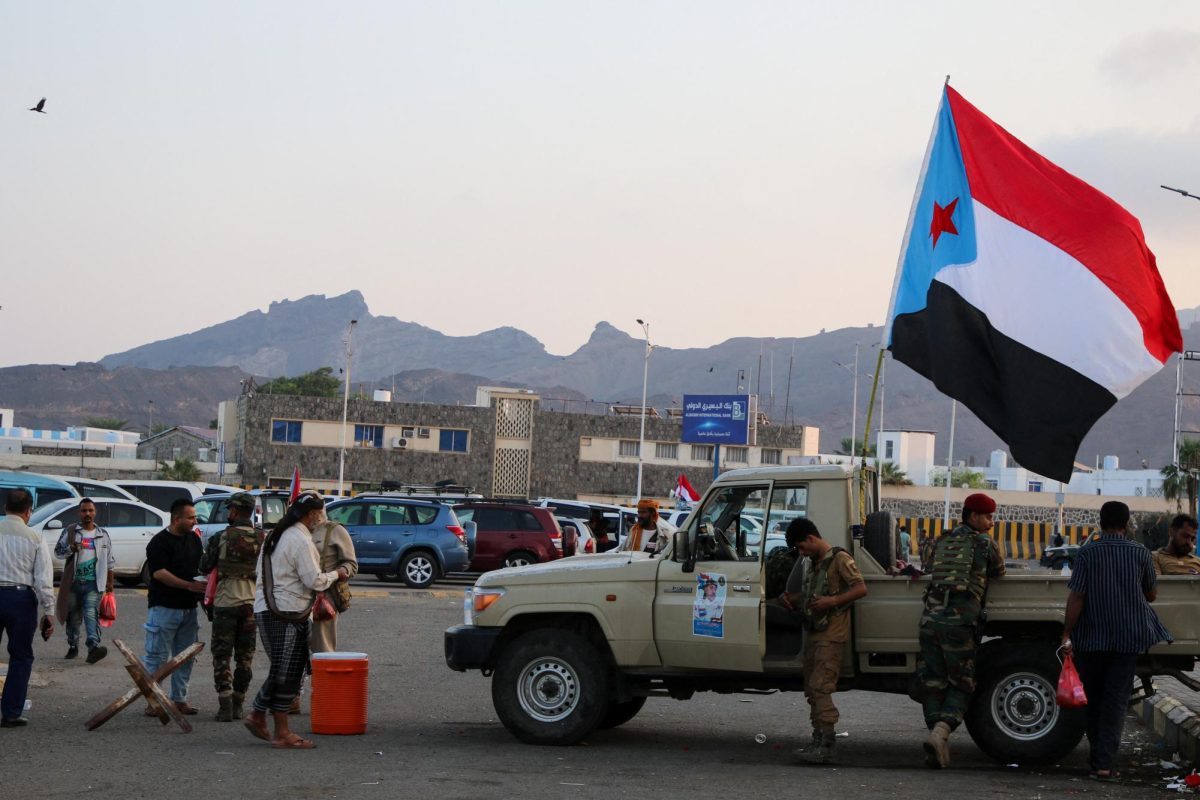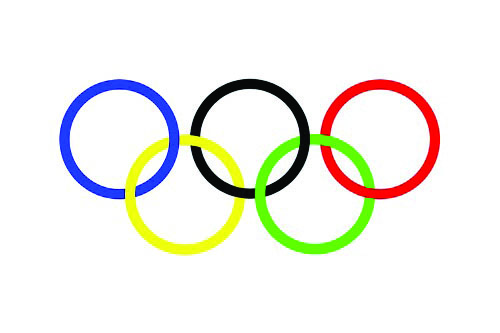2022 Olympics in Beijing: Controversies and Boycotts
February 3, 2022
Recently, sports and politics have become increasingly interconnected. Many debate where this is right, but as Dr. Arrival Pathak, History & Social Science Teacher stated “We’re past that question, it’s happening, because people are willing to put their reputation on the line for it”. In American sports, debate is routinely sparked about this connection, such as Colin Kaepernick taking a knee during the National Anthem.
In recent years, the International Olympic Committee (IOC) has made numerous promises concerning prioritizing human rights and the environment. In 2017, the IOC’s “operational requirements” required that countries be without major human rights violations as well as be a protector of human rights. On the Olympic’s website, the IOC states that “the objective [of the Fundamental Principles of the Olympic Charter and the IOC Code of Ethics] is to ensure that people’s rights are put at the core of our operations.”
Yet, the IOC’s decision to select Beijing as the host country of the 2022 Winter Games has been highly criticized because of accusations of human right violations and environmental concerns.
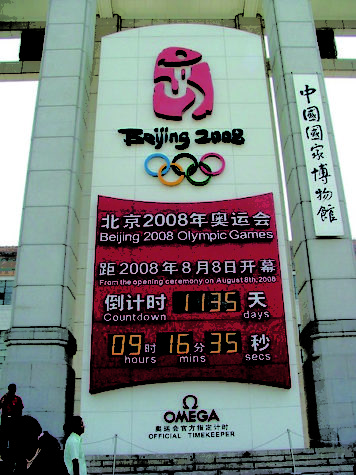
The 2008 Summer Olympics in China faced similar criticisms. Sam Wold, History and Social Science teacher, recalled stories about “human rights activists and workers going in the middle of the road to stop traffic” in order to protest against Beijing being a host country. He also commented on the environmental impact of Beijing as a host country as “factories were pushed out of the city” for the event in order to reduce pollution, then “moved back” after the Olympics were finished.
Some have accused China of ‘sportswashing,’ which is when countries host sports events in order to improve their reputation. However, the term ‘sportswashing’ has been applied to numerous instances, including Russia’s treatment of LGBTQ+ rights, despite the production of the Sochi Olympics.
Yue Chen, Modern & Classical Languages Teacher, expressed concern on the man-made snow that China is creating in order to host the events as it “wastes lots of water and energy” and overall is “not environmentally friendly.”
A large concern for many has been the safety of Peng Shaui, a professional tennis player who accused a former vice premier Zhang Gaoli of sexual assault. Chen was “surprised she could speak up” and wondered about “where her family is now.”After Shaui accused him, she disappeared from the public eye for about three weeks. Wold commented on the interviews she has given since as seeming “very controlled” and “very sketchy.” Later, Shaui retracted her accusations; however, some suspect under duress. Chen also noted that in China, this story is “covered differently.” China claims that Shaui is perfectly safe and that they cannot satisfy the western media, regardless of reality.
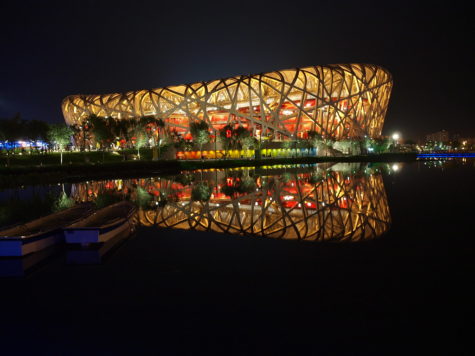
A paramount issue surrounds the accusations that China has detained more than one million Uyghurs, a Muslim minority group, in ‘re-education camps.’ The Uyghurs are believed to be subjected to forced labor, torture, religious restriction, and sterilization. The US officially deemed these actions a genocide in January 2021 as White House press secretary Jen Psaki explained the situation by saying that “the PRC’s [People’s Republic of China] ongoing genocide and crimes against humanity in Xinjiang and other human rights abuses.” The United States Holocaust Memorial Museum’s Simon-Skjodt Center for the Prevention of Genocide believes that China ‘may’ be committing a genocide towards this minority group. Overall, though some members of the United Nations have expressed concern, the UN has not formally recognized these events as a genocide.
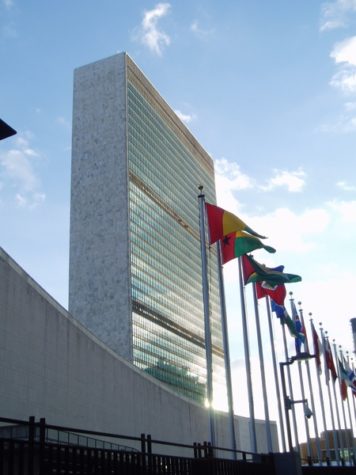
China has also received criticism about its treatment of Hong Kong since its return from Britain in 1997, On June 30th, 2020, a security law was imposed which has begun to limit protests for democracy based government. According to US News and World Report, required teachings about loyalty to the Chinese Communist Party have altered curriculum, and police-hotlines have emerged for people to report on ‘unloyal neighbors.’
With the recent controversy regarding the Uyghurs and other human rights violations, the United States, Japan, the UK, Canada, and Australia, and other countries have employed a diplomatic boycott against the Beijing Olympics. Even though their athletes are still participating, diplomats will not be attending the games. Some worry that athletes from boycotting countries will not be treated fairly in the games. Pathak stated that “Olympics are normally a sense of goodwill, and they send diplomats to show global goodwill.” Nevertheless, boycotts are not unusual during the Olympics, as many countries boycotted the 1980 Summer Olympics held in Moscow to protest the Soviet invasion of Afghanistan.
In addition, this year NBC, National Broadcasting Company, will not have any live correspondence on-site during the Olympics. Furthermore, China is no longer selling tickets to the Olympics and only a select group of spectators will be allowed. China claims this is due to concern over COVID-19, but some suspect this is to reinstate autonomy. As China is in control of who spectates, the missing diplomats from boycotting countries will appear less odd.
Many report that China has implicitly stated that they will not allow any protests against these speculated human rights violations during the games. Some fear that any backlash upon the Chinese government will result in dangerous consequences for those bold enough to try.
Many speculate about the motives of Western media’s focus upon Chinese human rights violations. Amid China’s rising power, which some believe will begin or has begun to rival America’s global leadership, some suppose that American criticism of Chinese actions are to help prevent further growth.
Throughout history, China has had a questionable background with human rights, and thus people question ‘why now’ America is taking action.
However, China returns this criticism of human rights violations as they have drawn attention to the American prison system as America has the highest incarceration rate of any country in the world. In addition, some in China have voiced concern over possible human right violations, such as sexual and physical abuse by federal officers, occurring in the Southern border of America. China is not the only country that is facing human rights speculations. The Horn of Africa is facing a devastating effect of a drought. More than 13.3 million people are suffering due to the lack of food resources, and financial support. Despite numerous human rights violations in the Horn of Africa, the American media rarely reports on this and instead highlights alleged Chinese crimes.
This argument against Beijing as a host country is further complicated as the Olympics have been accused of being a pro-western event. The IOC’s decision to select Beijing acts as a defense in the face of these claims.
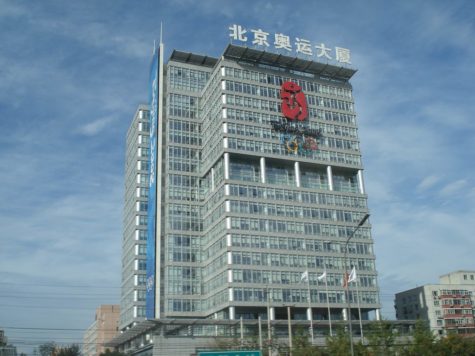
If stringent guidelines were applied regarding human rights or the environment, only a few countries would be able to host the Olympics, causing a lack of diversity within host nations.
Pathak finished off with the reminder that “no country has a moral high ground” concerning human rights.





